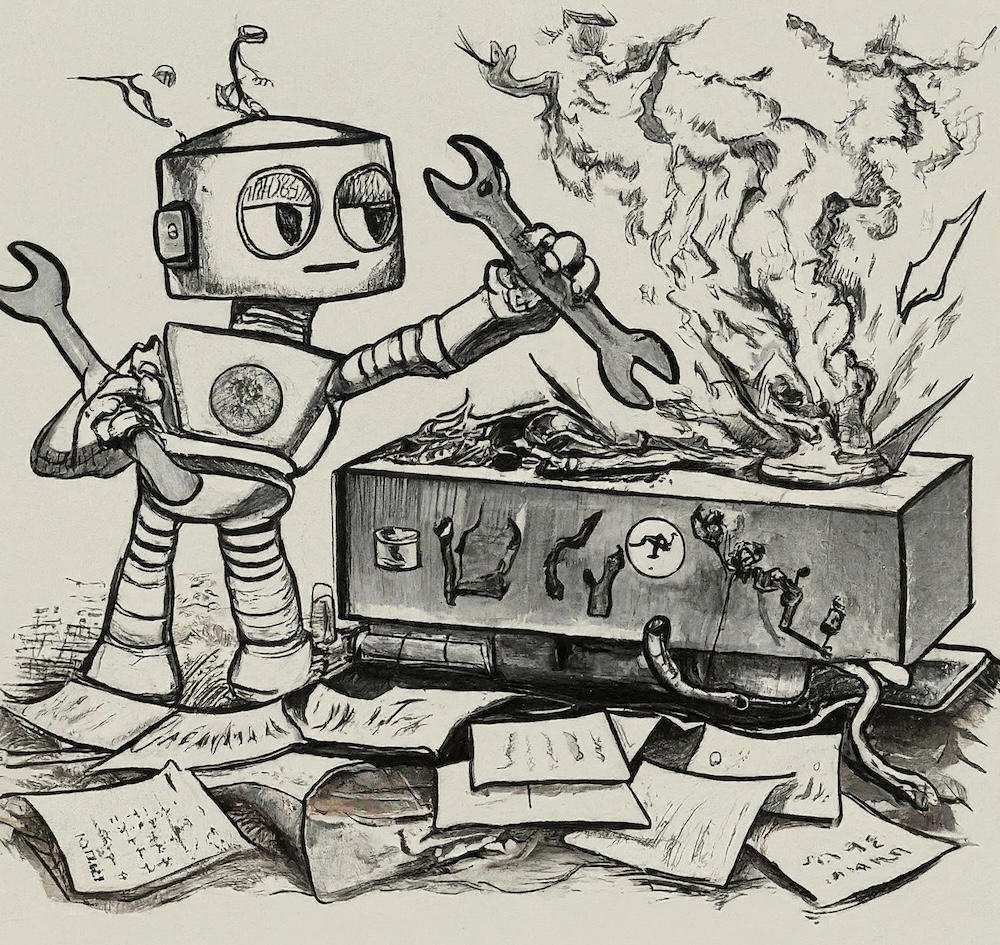Can ChatGPT do data science?

🌈 Abstract
The article discusses the challenges data scientists face when using ChatGPT for data science tasks, and provides recommendations for designing AI-powered data science tools.
🙋 Q&A
[01] Conversational Challenges in AI-Powered Data Science
1. What are the key challenges data scientists face when using ChatGPT for data science tasks?
- Sharing context is difficult - data scientists struggle with determining how much information and context to provide to ChatGPT.
- ChatGPT makes opaque assumptions that can lead to incorrect results.
- Data scientists have misaligned expectations about ChatGPT's capabilities and the format of its responses.
- ChatGPT generates repeated or unorganized code that doesn't match data scientists' preferences.
- Data scientists need to extensively validate the code generated by ChatGPT.
2. What strategies did data scientists use to overcome these challenges?
- Techniques for prompt construction, such as one-shot prompting, few-shot prompting, chain of thought prompting, and asking ChatGPT to assume the role of an expert.
- Scaffolding with their own domain expertise to guide ChatGPT.
- Choosing alternative resources instead of relying solely on ChatGPT.
[02] Recommendations for AI-Powered Data Science Tools
1. What are the three main recommendations made for designing AI-powered data science tools?
- Provide preemptive and fluid context when interacting with AI assistants, such as interfaces to efficiently select and manage context.
- Provide inquisitive feedback loops and validation-aware operations, where the system guides the user and proactively asks clarifying questions.
- Provide transparency about shared context and domain expertise solutions, with mechanisms for efficient sharing of context and assumptions.
Shared by Daniel Chen ·
© 2024 NewMotor Inc.